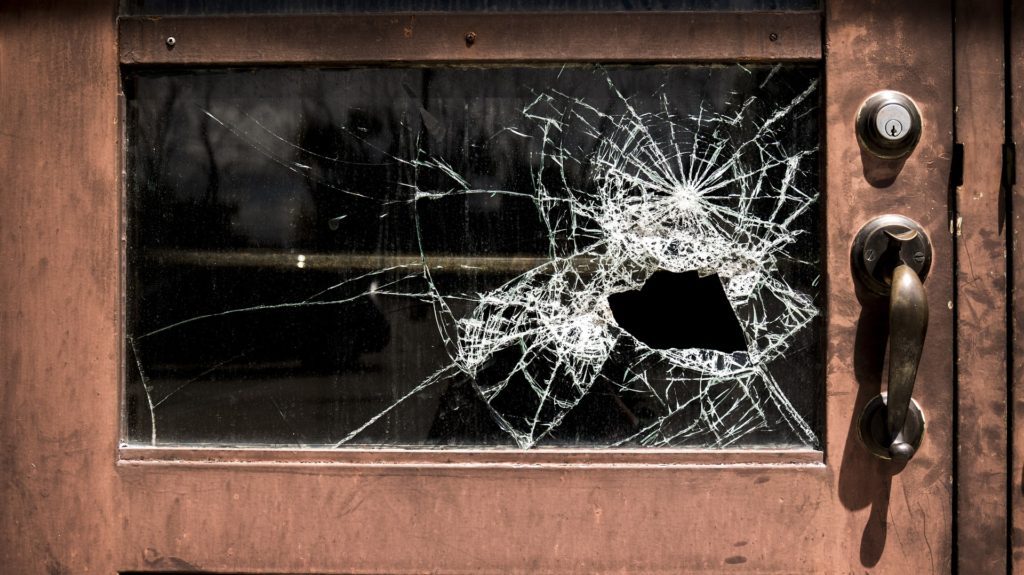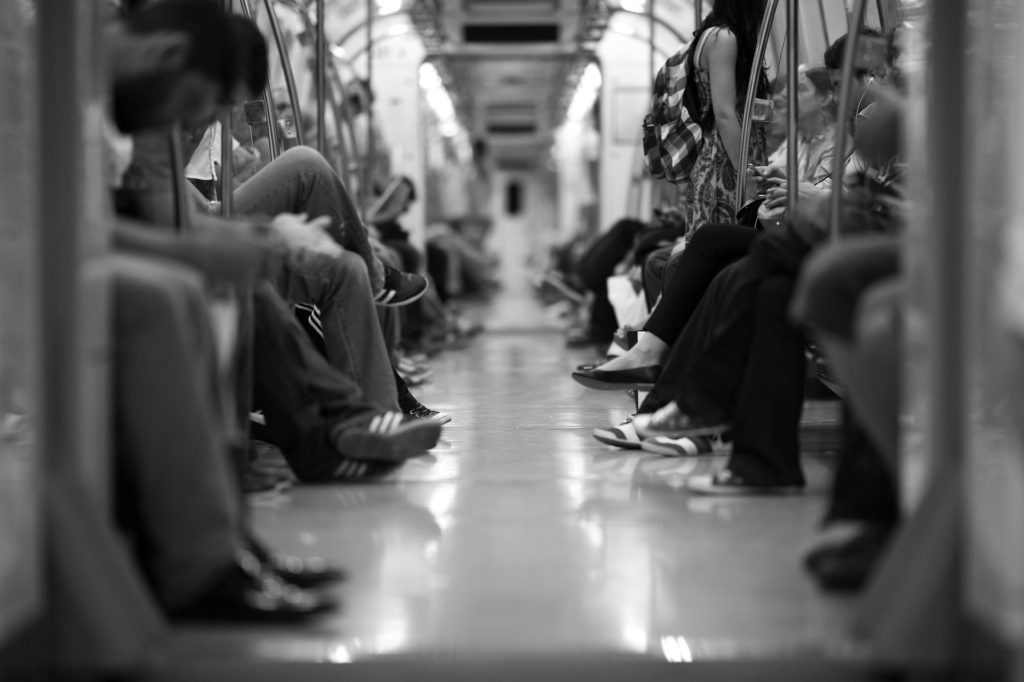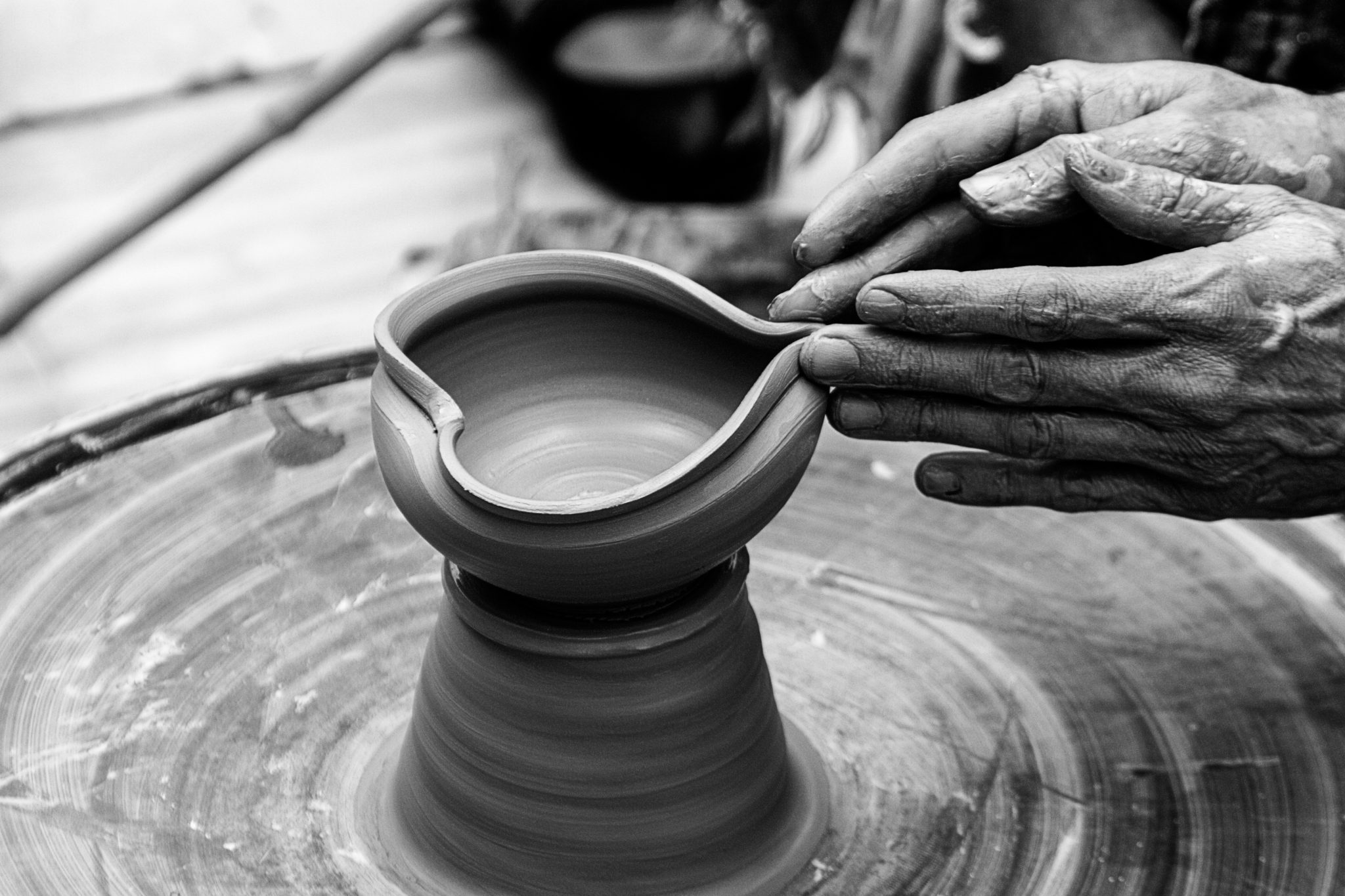A Travel Guide of for Life, Faith, and Relationships!
Let me be clear. We. Are. All. Broken.
You might be thinking, “That’s not very positive. That’s not at all encouraging. Why do you have to be so negative, Bubna?”
Let me ask you this: Why is acknowledging our brokenness a negative thing to you? Why does that suggested reality leave such a bad taste in your mouth?
Seriously. Why?

If we all are broken (and I maintain that at some level—physically, emotionally, or relationally—we are), then why does that bother you so much?
If I said, “We all are human,” is that a negative fact?
If I said, “We are all biologically wired to need food, sleep, and a bathroom from time to time,” are those bad realities or undesirable things?
Perhaps, and bear with me, perhaps owning our fracturedness is just another truth that can set us free? You see, when something is true of all of us, then living in denial is bad, and refusing to own it is harmful.
It is only by acknowledging our fractures, failures, foibles, and faults that we can grow.
Seeing our need for a Savior and embracing our need for healing helps us find a path to wholeness. Stubborn arrogance and denial are never positive qualities.

So, is recognizing and confessing our human condition of brokenness a good or bad thing?
Good, of course, and that’s why I have no problem identifying myself as a recovering idiot.
Yes, yes, I know. I’m also a child of God. I am holy in God’s sight. I am chosen. (1 Peter 2:9).
I get it. I know who I am in Christ.
Certainly the Apostle Paul wrote that we’re to think about “whatever is true, whatever is noble . . . whatever is lovely and admirable . . . excellent or praiseworthy” (Philippians 4:8).
Yup.
However, Paul never pretended to have it all together. Better than most, he understood the grace, mercy, and goodness of God. But he also knew he was, as we are, a work in progress.

Regarding his journey toward Christlikeness, Paul wrote, “I’m not there yet, nor have I become perfect; but I am charging on to gain anything and everything the Anointed One, Jesus, has in store for me (Phil. 3:12 The Voice).”
As Christ-followers we are perfect in our position in Christ, our old nature is dead, and we are new creatures now, but we are still imperfect in our practice. This is why Paul frequently taught that our ongoing sanctification matters. It is why he encouraged us to overcome sin by spiritual disciplines and the power of the Holy Spirit.
Robert L. Deffinbaugh wrote, “Recognizing our struggle with sin is an essential step in the solution to this problem. Until we hate sin, we will not turn from it. Until we reach the end of ourselves, we will not look to God.”
Understanding our human condition (on this side of eternity) is necessary because it explains why we do what we do.

Here are some undeniable realities:
- When we are hurt, we hurt others.
- When we are wounded, we wound others.
- When we have been judged, we judge others.
- When we have been accused (rightly or wrongly), we accuse others.
- When we are in pain, we bring pain to others.
Of course, our humanness is never an excuse. Our current status, as imperfect beings, should never be used to rationalize our sins. But knowing why we do what we do can enlighten us, and enlightenment can lead to correction and change.

Until you and I can see that we are still broken, still a work in progress, and still not all that we shall one day be, we will too often operate out of our brokenness in arrogance and foolishness.
We’re like a deaf and blind person walking through the china section in Macy’s—wreaking havoc and destroying much of what we touch.
But . . .
When we see our need, our present sin, and our tendency to lash out like wounded animals, then and only then, can we be humble and find hope. Then when we say something stupid and harmful, we can own it and grow. Then when we do something that causes us and others pain, we can confess it and change.
Revelation leads to reformation. Recognition leads to restoration.

We. Are. All. Broken.
Knowing, owning, and even embracing that reality isn’t negative; it’s where we start to change and find life.
Remember, our need and brokenness brought you and me a Savior.
So ownership and confession bring us hope.
That is a good thing—a very good thing.
May I pray for you (and me)?
Father, too often we have denied our need, our brokenness, and our human condition. That failure has made a mess of our lives and left too many wounded people in the wake of our pain. Forgive us. Help us. Change us. Hold us. Have mercy on us. We need you. Always have. Always will. So, in the name of the One You sent to save us, we cry out to you for help. Amen.

15 Here is a trustworthy saying that deserves full acceptance:
Christ Jesus came into the world to save sinners—of whom I am the worst.
16 But for that very reason I was shown mercy so that in me, the worst of sinners,
Christ Jesus might display his immense patience as an example for those who
would believe in him and receive eternal life.



